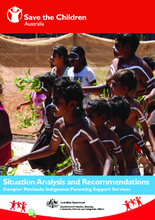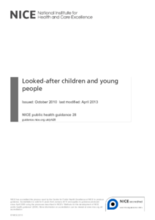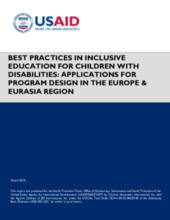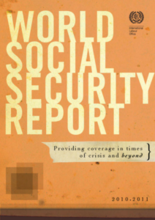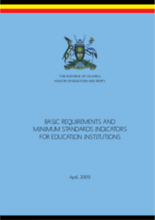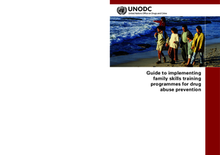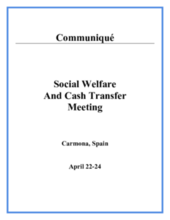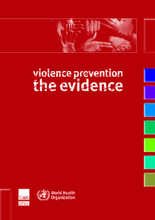Displaying 291 - 300 of 350
This manual offers a training session targeted at policy makers, professionals and paraprofessionals who are already working on programs to support children without appropriate care, or who may begin work in this area. This workshop focuses on children in developing contexts, who require support within their families and those who need an alternative care placement.
This report, published by Save the Children Australia, analyzes the situation of the parenting support services for Indigenous communities in the Dampier Peninsula of Australia.
The aim of this guidance is to improve quality of life of looked-after children and young people in England, including their physical health, and social, educational and emotional wellbeing. It focuses on and encourages organisations, professionals and carers to work together to deliver high quality care, stable placements and nurturing relationships for looked-after children and young people.
This compilation provides policymakers, programme managers, non-governmental organizations and others interested in implementing family skills training programmes with a review of existing evidence-based family skills training programmes. Its purpose is to provide details of the content of such programmes, the groups targeted, the materials used and the training implemented, in order to assist users in selecting the programme best suited to their needs and to offer guidance as to the kind of programmes available.
The purpose of this study is to provide an overview of best practices in inclusive education, inform stakeholders of the current status of inclusive education in the region, describe the contextual factors which affect program implementation, and make recommendations of practical start-up steps for inclusive education programs.
This report from the International Labor Organization is the first in a series of the World Social Security Reports whose chief aim is to present the results of regular statistical monitoring of the state and developments of social security in the world. It presents the knowledge available on coverage by social security in different parts of the world and identifies existing coverage gaps. It also examines the scale of countries’ investments in social security, measured by the size and structure of social security expenditure and the sources of its financing.
In 2001 the Republic of Uganda's Ministry of Education and Sports (MoES) issued the Basic Requirements and Minimum Standards Indicators for Education Institutions (BRMS) to schools and other relevant stakeholders to guide the organization and management of educational institutions. This BRMS has been reviewed by a multi-sectoral team comprising of members from the public and private sectors, development partners, international and national NGOs and other organizations.
UNODC published Guidelines to implement family skills training programmes for drug abuse prevention in March 2009. These guidelines contain evidence of effectiveness, principles of family skills training programmes, cultural adaptation guidelines, advice on how to recruit and retain families through the programmes, practical advice on training of staff, as well as information about monitoring and evaluating family skills training programmes.
Experts gathered in Carmona Spain to examine the results of policy relevant systemic reviews on social welfare and cash transfers. Meeting delegates explored the findings of reviews on integration of social welfare services and cash transfers in Ghana, Chile, Zimbabwe, Malawi and Kenya.
This report brings together an eight-part series of briefings on the evidence for interventions to prevent interpersonal and self-directed violence. By spotlighting evidence for the effectiveness of interventions, the series provides clear directions for how violence prevention funders, policy makers and programme implementers can boost the impact of their violence prevention efforts.


